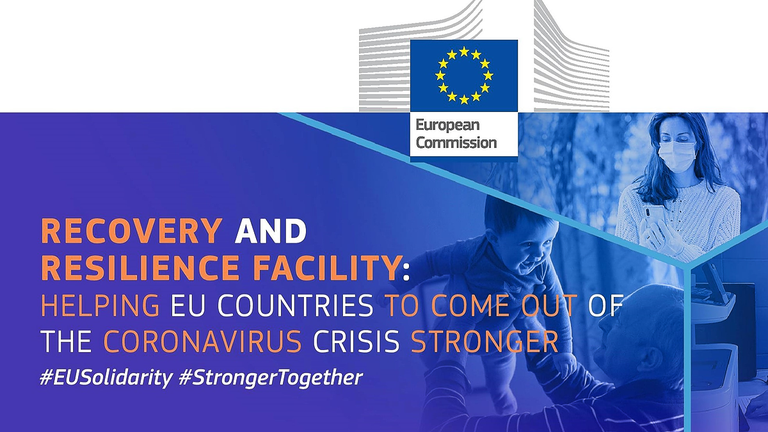
On Tuesday, EU economy and finance ministers adopted the first batch of Council implementing decisions on the approval of national recovery and resilience plans. Austria, Belgium, Denmark, France, Germany, Greece, Italy, Latvia, Luxembourg, Portugal, Slovakia and Spain got the green light for the use of EU recovery and resilience funds to boost their economies and recover from the COVID-19 fallout. The adoption of Council implementing decisions on the approval of the plans permits the member states to sign grant and loan agreements that will allow for up to 13% pre-financing.
The Council received a positive assessment for the 12 member states’ plans from the Commission in June, accompanied by the proposals for the Council decisions on their approval. All 12 member states asked for pre-financing from their allocated funds. The decisions adopted today are the final step before the member states can conclude grant and loan agreements with the Commission and start receiving funds to implement their national plans.
The EU financial assistance from the €672.5 billion Recovery and Resilience Facility aims to power the European economic recovery by supporting member states’ reforms and investment projects. The measures approved in the national plans are centred around six policy areas (‘pillars’) set out in the regulation establishing the Recovery and Resilience Facility: green and digital transition, smart, sustainable and inclusive growth, and social and territorial cohesion.
Individual member states’ measures to achieve recovery and enhance the EU’s resilience include, for example, decarbonisation of industry, building renovation, digitization of public administration and reskilling of the labor force. The plans also address the country-specific recommendations identified in the course of the 2019 and 2020 European Semester discussions.
Background and next steps
The Recovery and Resilience Facility is the central part of Next Generation EU, the recovery package to revitalise the EU economy after the COVID-19 pandemic while also addressing the main challenges of our time, such as the climate transition and digital transformation. To receive support from the facility, member states need to submit their recovery and resilience plans to the Commission, which then assesses them against the country specific recommendations and the facility’s six pillars.
Once an individual plan is submitted, and unless a postponement is agreed with the member state involved, the Commission has two months to assess it and to propose a Council implementing decision on its approval. The Council then, as a rule, examines the proposal within four weeks. After it adopts the proposed decision, the member state can sign bilateral financing agreements with the Commission and receive the agreed pre-financing within two months.
Further disbursements from the facility will be based on a positive assessment of the implementation of the recovery and resilience plan, taking into account the achievement of the milestones and targets set out in the individual plan.
Latest News

Economist: Greece Included in the Best Performing Economies in 2024
Meanwhile, Northern European countries disappoint, with sluggish performances from the United Kingdom and Germany.

EasyJet Expands Its Routes from Athens
The airline’s two new routes will be to London Luton and Alicante and they will commence in summer 2025.

Capital Link Forum Highlights Greece’s Economic Resurgence; Honors BoG Gov Stournaras
Capital Link Hellenic Leadership Award recipient, Bank of Greece Gov. Yannis Stournaras, an ex-FinMin, was lauded for his pivotal role during Greece’s economic recovery

Tourist Spending in Greece Up by 14%, Visa Card Analysis Shows
Greece’s capital Athens emerged as the most popular destination, recording a 17% increase in transactions with Visa cards, surpassing even the cosmopolitan island of Mykonos.

Inflation in Greece Unchanged at 2.4% in Nov. 2024
The general consumer price index (CPI) posted a 0.4% decrease in November compared to the previous month

2024 Christmas Holidays: Extended Shop Hours Schedule
The 2024 Christmas Holidays extended shop hours schedule commences on Thursday, December 12 and runs until the end of the year.

ELSTAT: Seasonally Adjusted Unemployment Down in October
The number of employed individuals reached 4,284,694, an increase of 67,723 compared to October 2023 (+1.6%) and 22,002 compared to September 2024 (+0.5%).

Greek PM’s Chief Economic Adviser Resigns
In the post on his Facebook page, Patelis did not disclose the reasons that led him to step down.

“Masdar Invests in the people of Greece and in the vision of TERNA ENERGY”
Four messages from the CEO of Masdar, the Arab renewable energy giant, after its acquisition of 70% of TERNA ENERGY

Lloyd’s List Greek Shipping Awards 2024: Honors for leading companies and personalities in the Greek shipping sector
20 awards presented at the 21st annual Lloyd's List Greek Shipping Awards


















![Χειμερινή εξοχική κατοικία: Οι Ελληνες γυρνούν την πλάτη παρά την πτώση των τιμών [γραφήματα]](https://www.ot.gr/wp-content/uploads/2024/12/Capture-19-90x90.jpg)







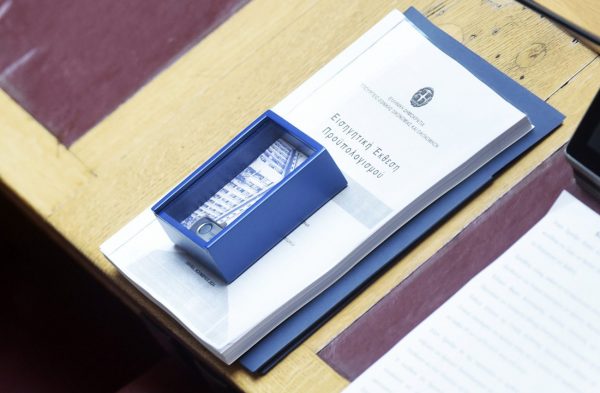

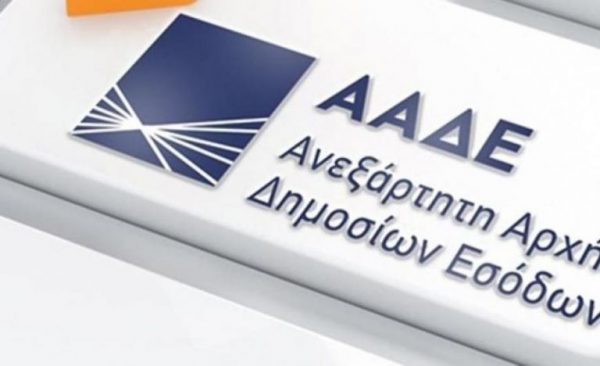



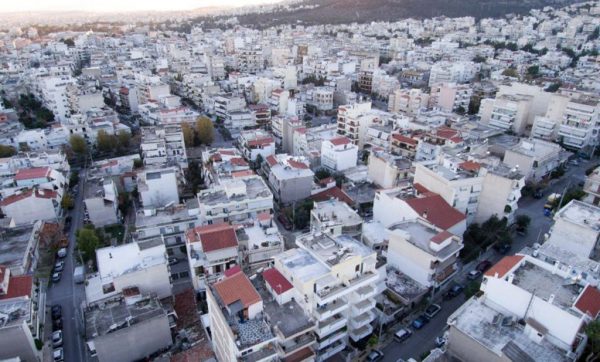

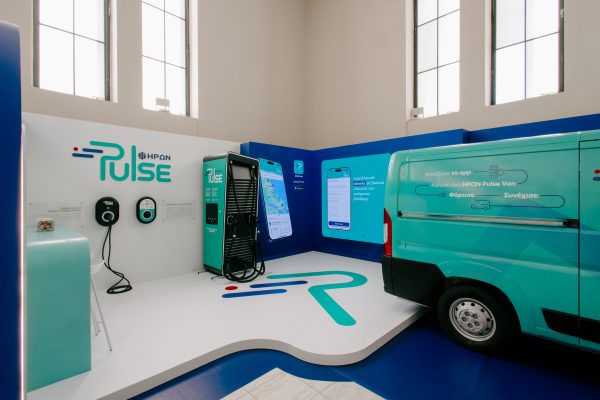







 Αριθμός Πιστοποίησης Μ.Η.Τ.232433
Αριθμός Πιστοποίησης Μ.Η.Τ.232433